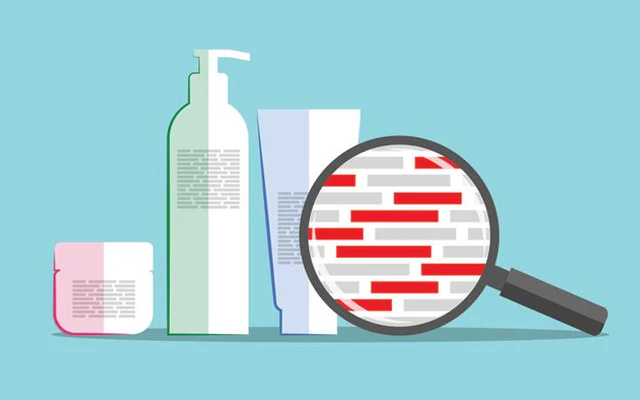
Exploring the Functions of the Human Mouth
johnbowe
- 0
johnbowe.info – The human mouth is a remarkable structure that plays a crucial role in various essential functions. It serves as the entry point for food and air, and its complex anatomy is designed to facilitate multiple tasks that are vital for survival and communication. This article delves into the primary functions of the human mouth, highlighting its significance in digestion, speech, sensory perception, and protection.
1. Digestion
One of the primary functions of the mouth is to initiate the digestive process. It begins with the mechanical breakdown of food through chewing, which is facilitated by teeth. The saliva produced by salivary glands contains enzymes that begin the chemical breakdown of food, making it easier to swallow and digest further down the gastrointestinal tract. The tongue plays a crucial role in manipulating food within the mouth and pushing it towards the throat for swallowing.
2. Speech
The mouth is integral to the production of speech, which is a fundamental aspect of human communication. The coordinated movement of the tongue, lips, and palate allows for the articulation of sounds that form words. The oral cavity acts as a resonating chamber, enhancing the quality and clarity of speech. This intricate process enables humans to convey thoughts, emotions, and information effectively.
3. Sensory Perception
The mouth is home to taste buds, which are responsible for detecting different flavors. These taste buds are located on the tongue and allow individuals to experience the five basic tastes: sweet, sour, salty, bitter, and umami. The ability to taste not only enhances the enjoyment of food but also plays a protective role by identifying potentially harmful substances.
4. Protection
The mouth serves as a barrier against pathogens and foreign particles. Saliva contains antimicrobial agents that help prevent infections, while the mucous membranes lining the mouth act as a first line of defense. Additionally, the gag reflex helps protect the body from ingesting harmful substances by triggering a reflexive action to expel them.
5. Breathing
The mouth also serves as an alternative airway for breathing, especially when the nasal passages are blocked. While nasal breathing is generally more efficient and beneficial, mouth breathing can be necessary in certain situations, such as during intense physical activity or when experiencing nasal congestion.
Conclusion
The human mouth is a multifunctional organ that plays a pivotal role in various aspects of daily life. Its ability to aid in digestion, facilitate communication, enhance sensory experiences, provide protection, and support breathing underscores its importance to overall health and well-being. Understanding the functions of the mouth can help individuals appreciate the complexity of this vital organ and the ways it contributes to human survival and interaction.


